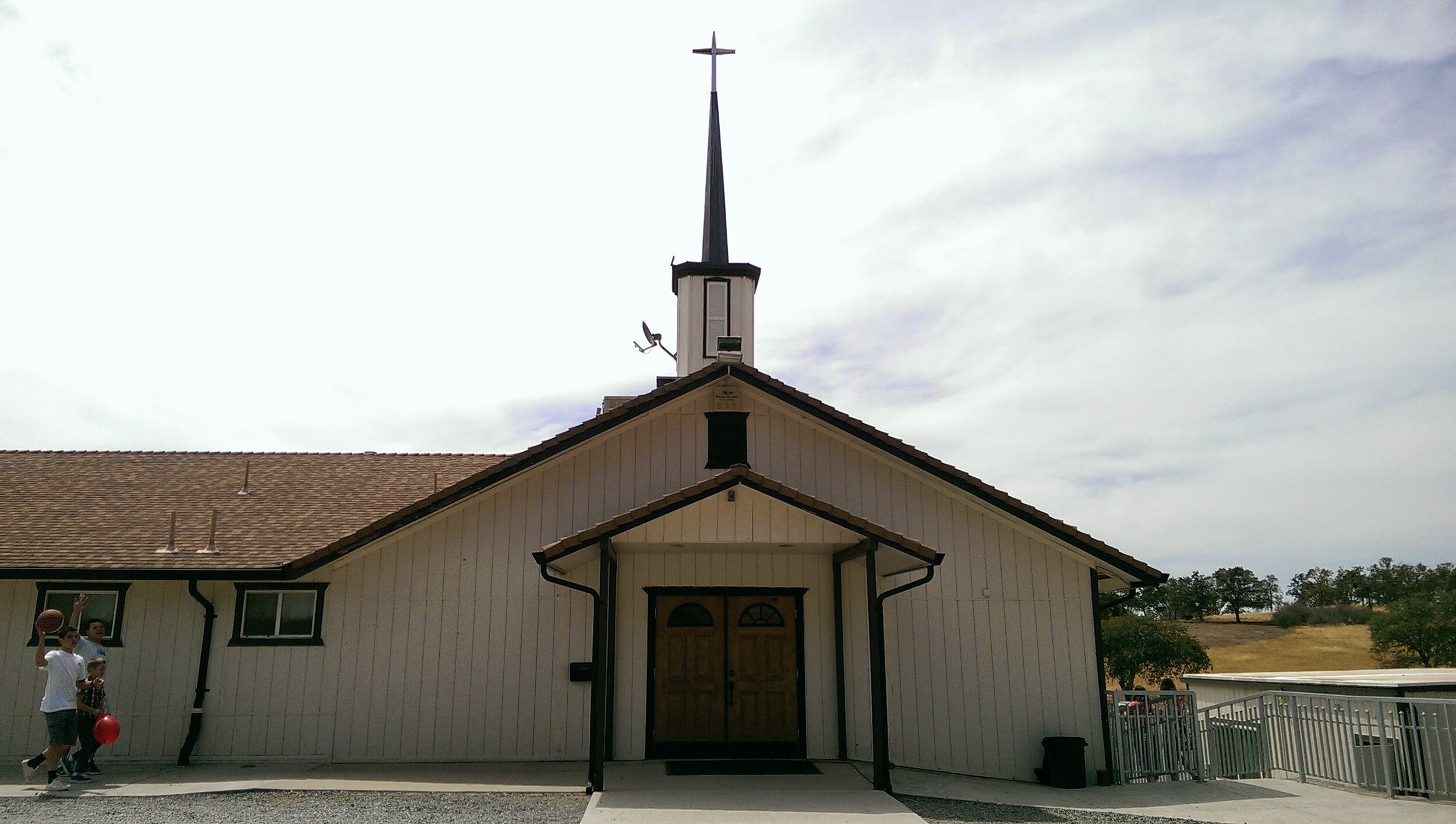It is always easier to point at the speck in another person’s eye than dealing with the log in your own, "Do not judge, or you too will be judged. For in the same way you judge others, you will be judged, and with the measure you use, it will be measured to you. Why do you look at the speck of sawdust in your brother's/sister’s eye and pay no attention to the plank in your own eye? How can you say to your brother, 'Let me take the speck out of your eye,' when all the time there is a plank in your own eye? You hypocrite, first take the plank out of your own eye, and then you will see clearly to remove the speck from your brother's/sister’s eye” Matthew 7:1-5 (NIV, italics mine).
While fighting for “liberty and justice for all” (a noble and right cause) we don’t get to address one wrong only to justify another. We don’t get to stand up against vilifying one group of people only to turn around and to vilify another group. We don’t get to preach love for one another and turn around and okay hating police officers. Specks give us fuzzy vision, but logs render us blind. Jesus tells us to remember that we don’t get to fight injustice and be unjust ourselves, we don’t get to fight abuse of power by abusing power, we don’t get require of others what we do not require of ourselves, we don’t get to fight for equality under the law while being lawless ourselves, we don’t get hold others responsible while being irresponsible ourselves, we don’t get to blame others and not deal with our own logs.
The log-eyed have it right now, on the political right and left, on the liberal and conservative end. You can’t say that black lives matter, or that we need to treat immigrants like Jesus would, without an immediate backlash, being denounced, dismissed as liberal, and even being hated. You can’t stand up for policemen/women and law enforcement officers, the vast majority doing a very difficult job with integrity, without an immediate backlash, being accused of just not getting it, dismissed as being uniformed, and even being hated. You can’t stand up for Colin Kaepernick and his right to kneel without being accused of being unpatriotic, and you can’t stand up for Biblical/traditional marriage without being denounced as homophobic or a hater. The sad reality of this is that the very thing both sides passionately clamor for, liberty and justice, is being lost.
I believe Jesus is weeping as He is looking down like He did over the Jerusalem of his day (Luke 19:41). They were coming to John the Baptist in droves, hungry for national change, hoping God was going to something big (Luke 3:1-14). John tore into them, their hypocrisy of wanting change without changing themselves, for trying to act pious while abusing power. He told them God would cut down the logs (them) and hold them responsible.
“What do we need to do?” they wanted to know.
“Take personal responsibility and use your extra not to hoard but to help, be part of creating equity! To improve people’s lives," he told them. “Don’t abuse your public office and the power it gives you to twist the rules and exploit it for personal gain,” he fired back at the tax collectors. “Don’t abuse your badge, don’t abuse the power that comes with your uniform, don’t pervert justice,” he spelled it out for the soldiers (the police in their day).
He was confronting them all because just like today, log-eyedness was ruling the day, creating the narratives, fostering endless finger-pointing, justifying lawlessness, flaunting hypocritical piety (both religious and political), excusing personal responsibility, and twisting or ignoring what is right before God. So, what about them logs, that blind our eyes, darken our minds, justify our wrongs, shape our actions?
A great place to start dealing with them is Jesus’ longest recorded sermon, called the Sermon on the Mount, found in Matthew 5-7 (Its shorter parallel is found in Luke 6:20-49). I think it tells us a lot about what God dreams of regarding our personal lives, culture, and society. In the end, Jesus makes it plain that merely hearing/reading and trying to understand, though necessary, are is not enough. We must catch the vision of it, the hope of it, the necessity of it, the rightness of it, and then radically live it.
To God be all glory.
Love you, Pastor Hans
